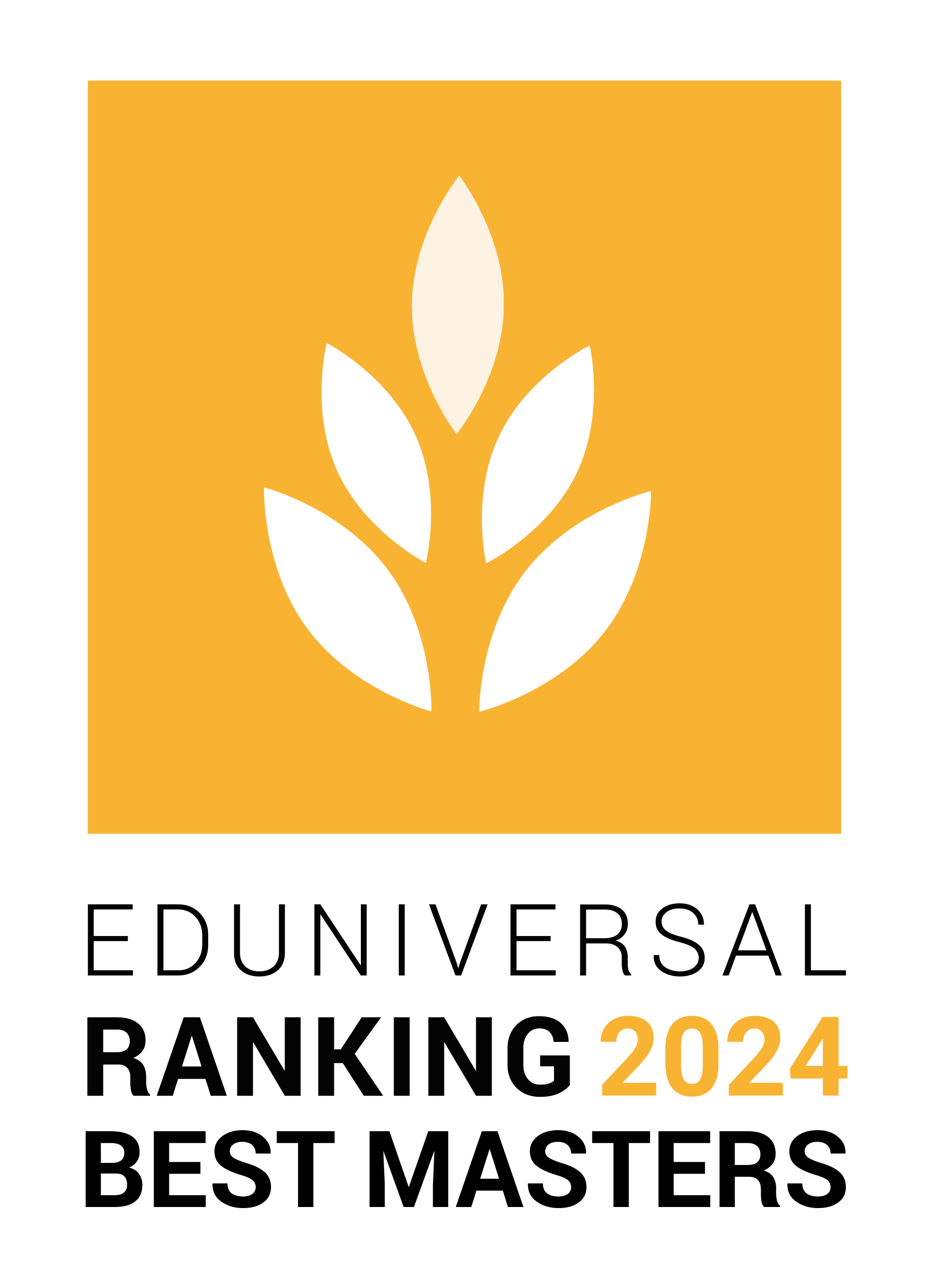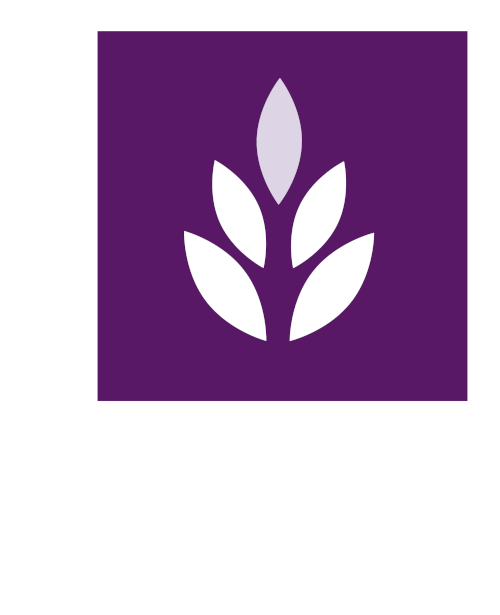- Home
- About
- Business Schools Ranking
- Selected schools
- study abroad
- Awards
- Contact

Study in Hungary
Hungary Statistics
Geography-Population
- Capital: Budapest
- Area: 93,030 km ²
- Climate: temperate; cold, cloudy, humid winters and warm summers
- Population: 9,905,596 (est. July 2009)
- Languages: Hungarian (official) 93.6%, Other 6.4%
Government-Economy
Government-Economy
Government Type: Parliamentary democracyNational Holiday: August 20GDP: $205.7 billion (est. 2008)GDP – per capita (PPP): $ 19,800 (est. 2008)
Information for Foreign Students in Hungary
Getting There
The easiest and most convenient way to travel to Hungary is by plane (Wizz Air). Depending on the chosen flight for Budapest, you will either land at Ferihegy 1 for regular flights, or at Ferihegy 2 for lowcost flights. To get from the Budapest airport to downtown, it will cost 2 500 forints per person (10 to 12 euros). Finally, the most economical solution is to take a bus which stops at each airport (line ferihegykobanyakipest) and leads you directly to the subway blue line
Obtaining a Visa
Hungary, being part of the European Union since 2004, a simple identity card is sufficient to enter the Hungarian territory. The university will issue documents to identify you as a student at a Hungarian institution. Indeed, a residence permit is required if your stay exceeds 90 days. Finally, it is also recommended to register at the post office closest to your home. The post office has a main function in the countries of Central Europe, as it is the place where you pay your internet or phone bills.
Accommodation
In Budapest, information concerning real estate ads is very easy to access, and you won't have to go through a real estate agency. Most newspapers offer a page full of real estate ads and there are 3 weekly magazines (Pestiest, Flyers, Exit) in Budapest available for free in cafes and shops. There are also several Internet portals such as www.est.hu or www.iwiw.hu where ads are easily accessible. Several opportunities are possible: you can choose between a collocation and a single apartment. A collocation can be rewarding if you choose to do it with Hungarians or foreign students. Whatever the choice you'll make, you will find more interesting prices once having arrived in Hungary than by using the internet. You will have to pay between 200 and 250 euros per month for an apartment with 3 to 4 bedrooms.
Cost of Living
The budget of a student in Budapest is relatively comfortable. You will have to pay 10 euros for the monthly transportation pass. For many courses, you have to buy textbooks for 20 euros per manual. You will have to pay 20 euros per month for a phone and an Internet subscription. You should rely on a budget of 450 to 500 euros per month including food, various subscriptions, accommodation, excursions and trips.
Money
It is not necessary to open a bank account in Hungary. Just use your credit card and do not forget before leaving to book an online subscription to view your accounts and manage your bank operations. Banks are generally open from Monday to Friday, from 8 am to 5 pm. All banks and travel agencies have a foreign exchange office. Since 2002, a regulation prohibits exchanging currencies in hotels. Do not exchange money in streets or in railway stations, especially if you are offered 50% more than the rate of the day.
Telephone
A subscription to the Internet can avoid repetitive spending in cybercafes. 15 minutes of communication costs 200 forints, less than one euro. It is advisable to ask the owner before engaging in the process. Universities have a wifi network for those who do not have access to the internet at home. Apartments in Budapest are usually equipped with a fixed line: the bills must be paid at the post office, and range from 50 to 2 900 forints (50 cents per month to more than 15 euros). Most students choose to take a fixed line. However, to call abroad, it is better to buy a prepaid card, which costs from 500 to 5 000 forints depending on the length of the communication (250 forints equal to 1 euro).
Health
Your local Social Security will send you your European Health Assurance card within 15 days (it can be ordered on the Internet on the site www.ameli.fr). This card works within all countries of the European Union.
Transportation
Budapest has a well developed public transportation network (subway, tram, bus). There are 3 subway lines: a yellow line, which is the oldest (first subway in continental Europe), a red, a blue and a green line that is in construction. The tramway travels on virtually all the major roads of the city. The yellow trams of Budapest are an attraction which has inspired numerous movies and books in Budapest. The "Trolibusz", electric bus connected as a tram, runs in narrow streets. Finally, the "Hév", a high speed train, running on long-distance, serves the suburbs. You should buy a monthly subscription for the sum of 2 400 forints for a student ticket (less than 10 euros).
Official Selection of the Best Business Schools in Hungary
|
4 Palmes Of Excellence TOP Business School |
Rank Position in
Palmes’ League |
Deans’ Recommendation
rate 2024 |
|---|---|---|
| 1 | 400 ‰ | |
|
Central European University Department of Economics and Business |
2 | 158 ‰ |
|
3 Palmes Of Excellence EXCELLENT Business School |
Rank Position in
Palmes’ League |
Deans’ Recommendation
rate 2024 |
|---|---|---|
|
Budapest University of Technology and Economics Faculty of Economic and Social Sciences |
1 | 211 ‰ |
| 2 | 200 ‰ | |
| 3 | 116 ‰ |

Official Selection of the Best Business Schools in Hungary
Learn the ranking results of the best masters in Hungary here:
